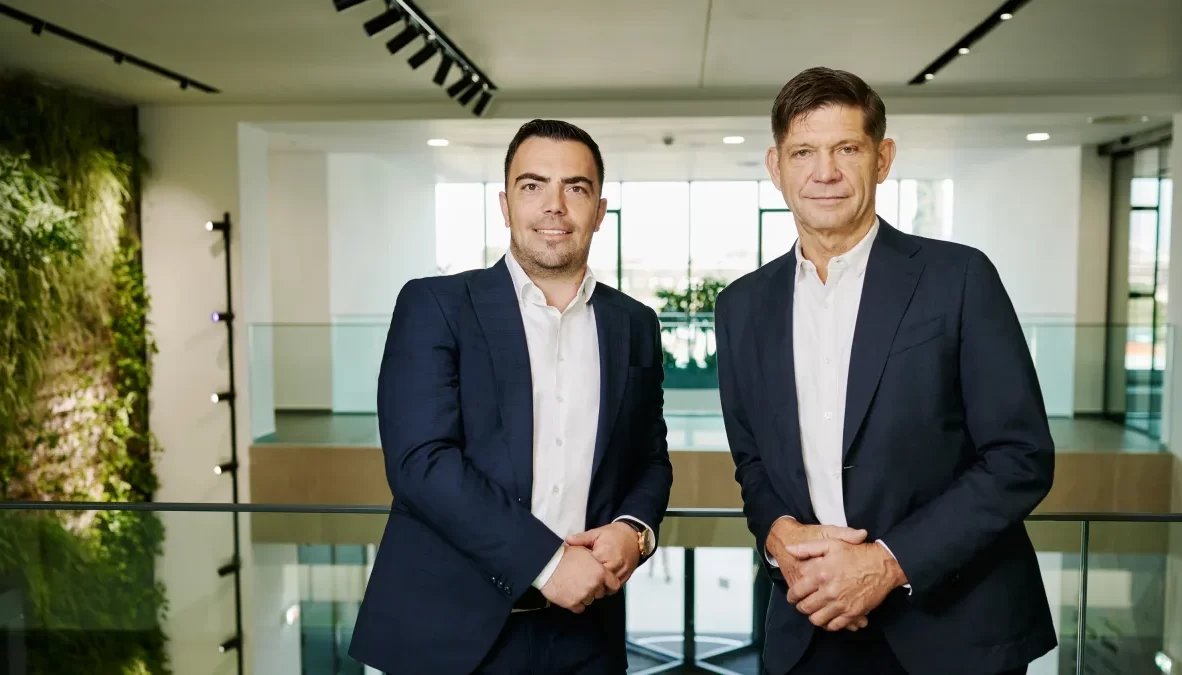Market leader brings more than 70 new photovoltaic plants onto the grid
Sofia/Munich (25/01/2023): Last year, SUNOTEC delivered photovoltaic projects with an output of around 2.3 gigawatts peak (GWp). By way of comparison, the whole of France built PV plants supplying 2.7 GWp in the same twelve-month period. 2022 turned out to be the most successful year in the company’s history, as the market leader in the construction of ground-mounted photovoltaic plants connected more than 70 new solar parks to the grid in Europe.
“2022 has shown us the extent to which war, climate crisis and uncertainty in energy supply impact on modern society,” says SUNOTEC CEO Bernhard Suchland. “At the same time, it has become clear what a positive difference the solar industry can make.” Kaloyan Velichkov, Founder and CEO of SUNOTEC agrees: “We at SUNOTEC are proud of our permanent workforce, now numbering more than 1,000 employees, as well as our own fleet of more than 400 specialized machines and vehicles which enable us and our company to make such a big contribution.” He singles out as an example the largest solar power plant in Bulgaria, which SUNOTEC is building on the fringe of the Verila Mountains, approximately one hour south of the capital Sofia by road. This PV project alone will increase Bulgaria’s photovoltaic output by 12 percent. The Verila plant comprises 220,230 solar modules that will supply 124 megawatts peak. The planned completion date is sometime in spring 2023.
BUILDING SOLAR PARKS EVEN IN DIFFICULT TERRAIN
“With the total capacity installed by the industry last year, the world has taken another big step towards green energy security,” says SUNOTEC CEO Bernhard Suchland. “Nevertheless, this can only be a beginning. The Federal Network Agency recently asserted that, for Germany alone, we need to bring an additional 1.5 gigawatts of solar power online every month if we want to meet the national government’s target of 215 gigawatts by 2030. We can only achieve this if we massively increase roll-out in all types of installations.”
Such enormous growth in a relatively short time is only achievable if land for solar plants is used as efficiently as possible, explains Founder and CEO Kaloyan Velichkov. In the case of solar parks, this ranges from former agricultural fields, where native wild plants are sown between and under the modules for more biodiversity, to the use of land that presents natural obstacles to farming: “At the Verila solar park in Bulgaria, for example, we have to cope with hilly terrain that is sometimes as steep as 18 degrees.”
SUNOTEC’s ability to register even greater growth in the number of gigawatts installed in 2023 depends on factors such as supply chains and approval procedures, says CEO Bernhard Suchland: “But we are very positive about our prospects and, moreover, highly motivated after last year’s results.” The first solar parks to be completed in 2023 include Doellen, Germany (91 MWp), Bubney, United Kingdom (40.4 MWp), Groot Roodehaan, The Netherlands (33.3 MWp). Numerous others are under construction.



























